#the farthest shore
Text
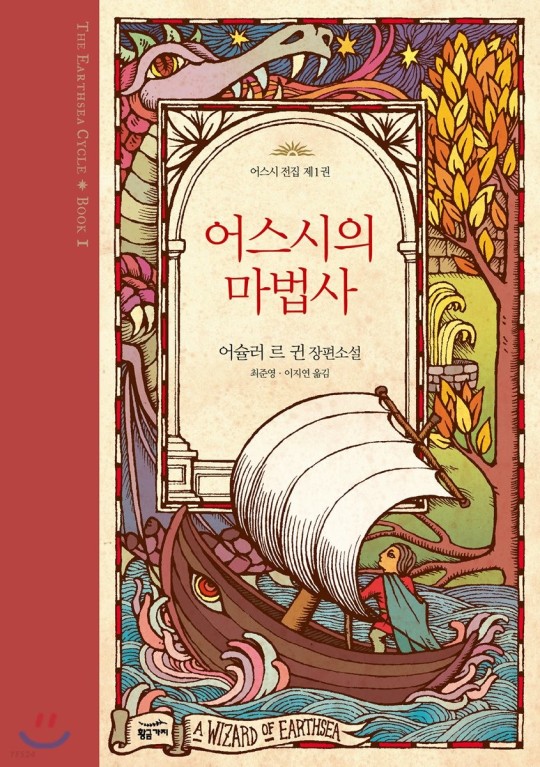
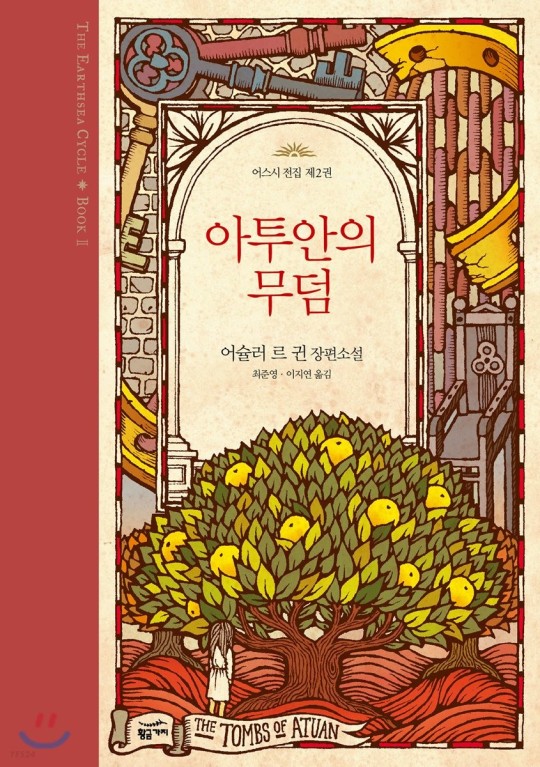
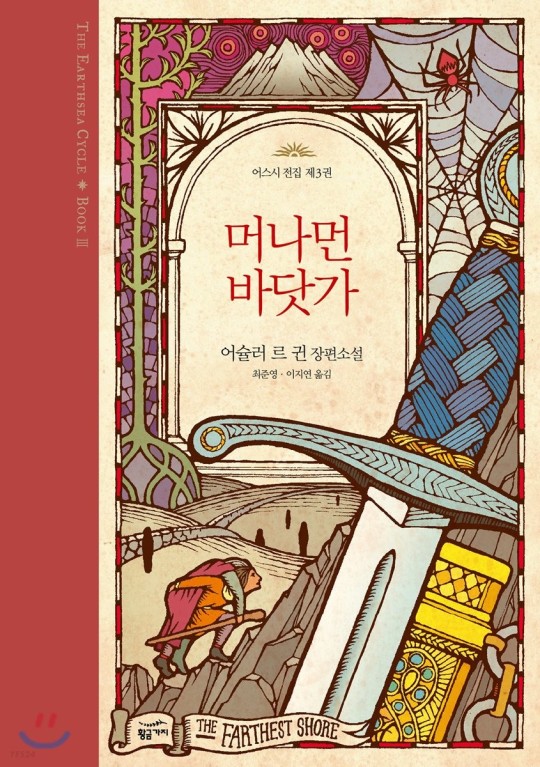
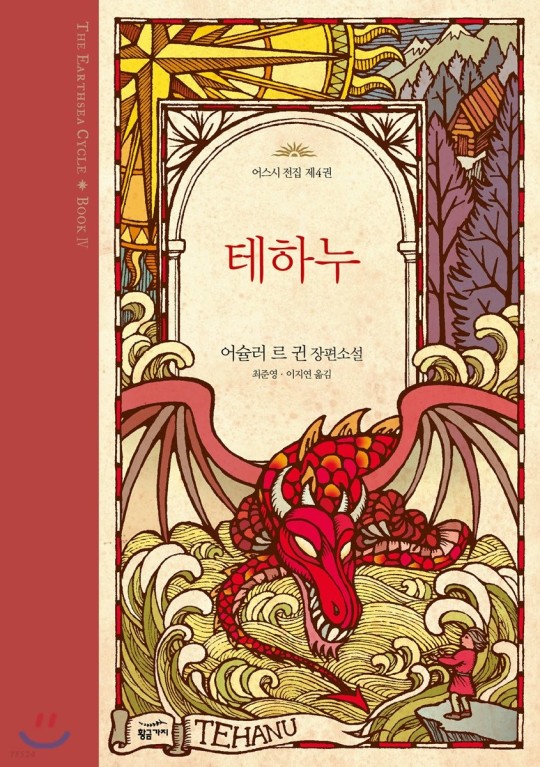
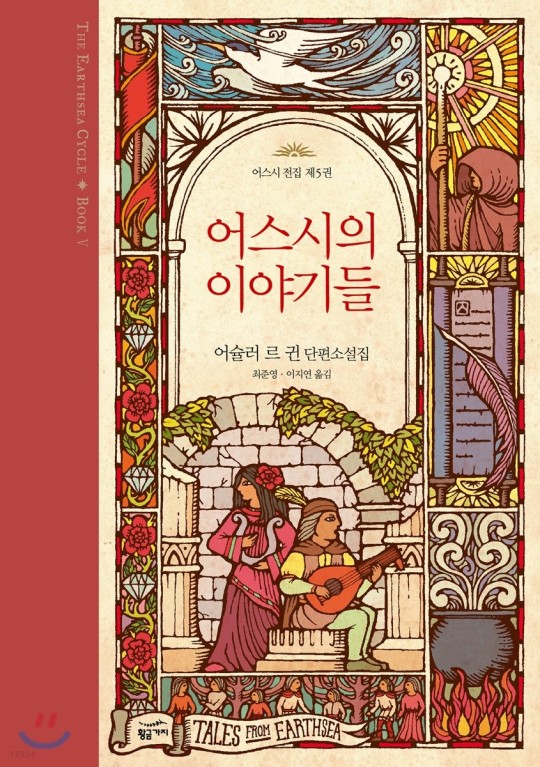
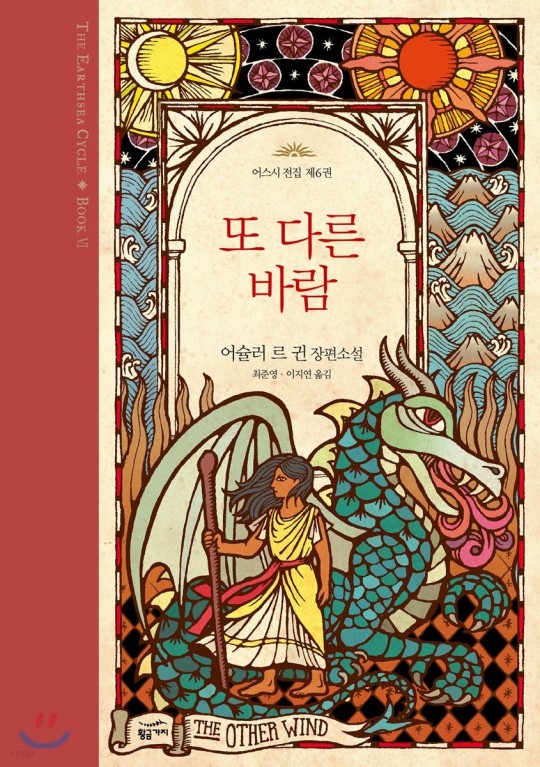
Covers of the korean translation of Ursula K. Le Guin's Earthsea series
#earthsea#ursula k. le guin#book covers#covers#uploads#a wizard of earthsea#the tombs of atuan#the farthest shore#tehanu#tales from earthsea#the other wind
1K notes
·
View notes
Text
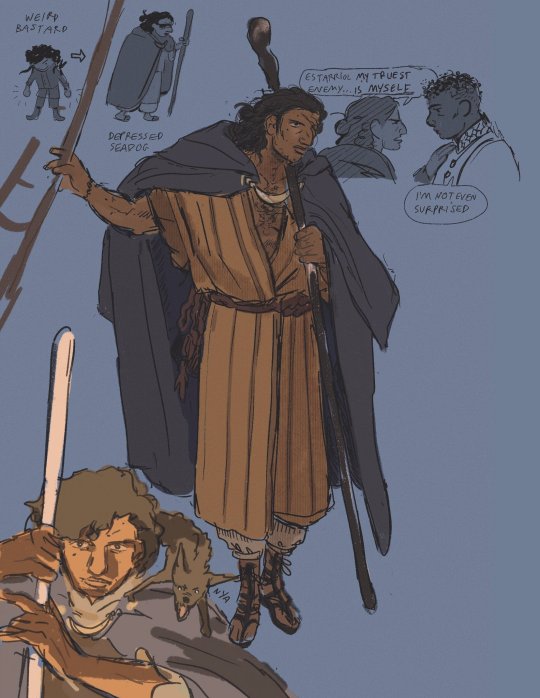


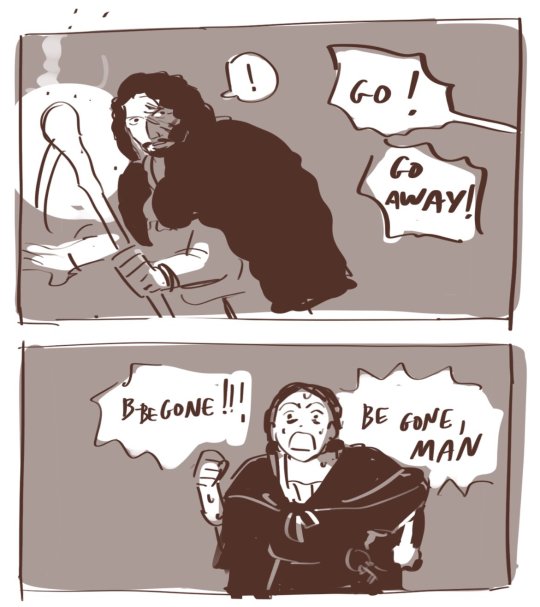
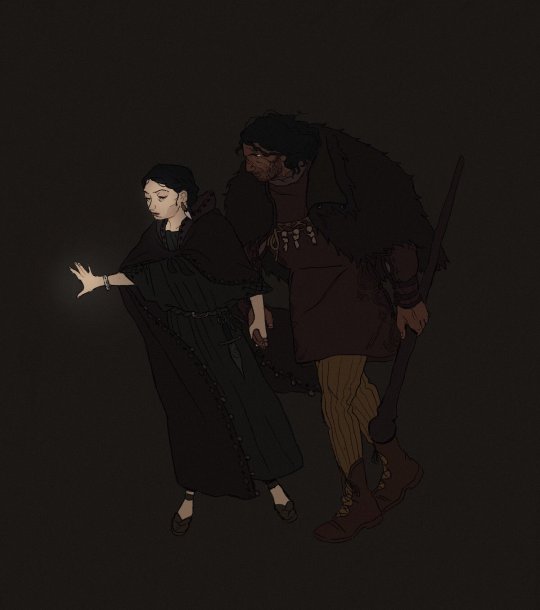

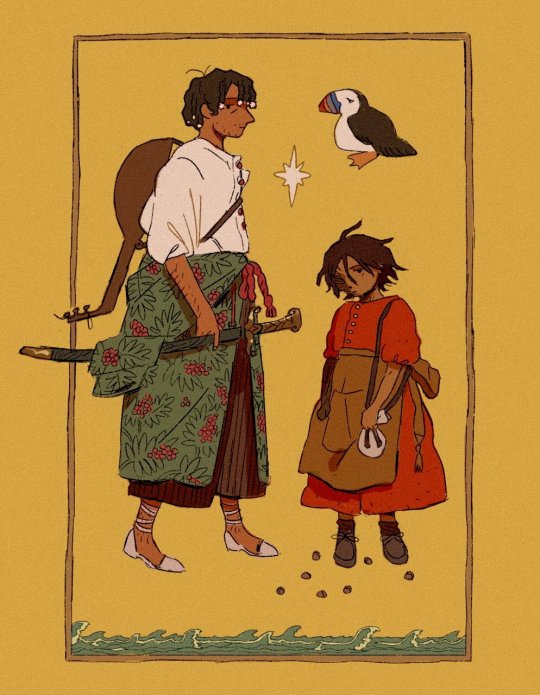
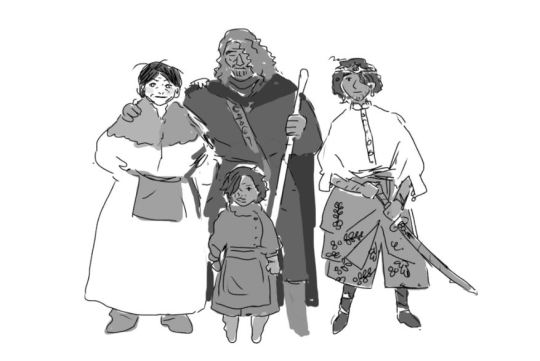
The Earthsea Cycle
By Cami | morchlav
#earthsea#a wizard of earthsea#the tombs of atuan#the farthest shore#tehanu#ged#sparrowhawk#estarriol#vetch#tenar#therru#lebannen#art#fantasy#character design#ursula k. le guin
2K notes
·
View notes
Text

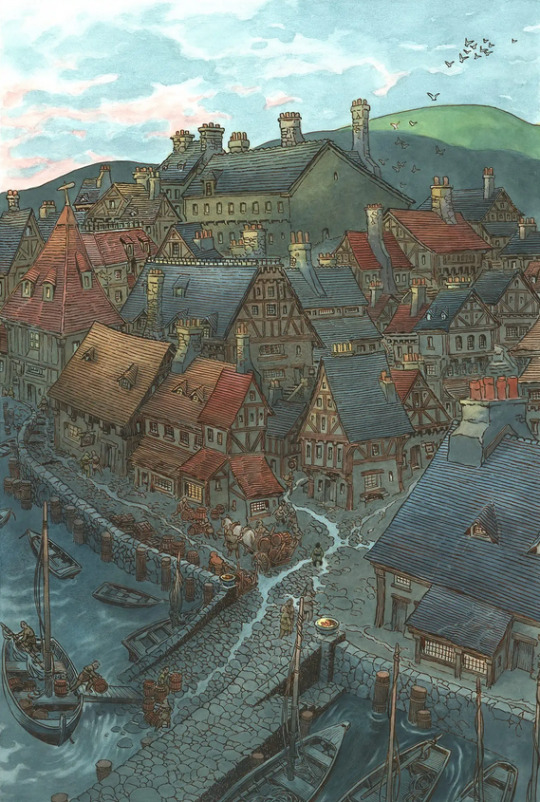
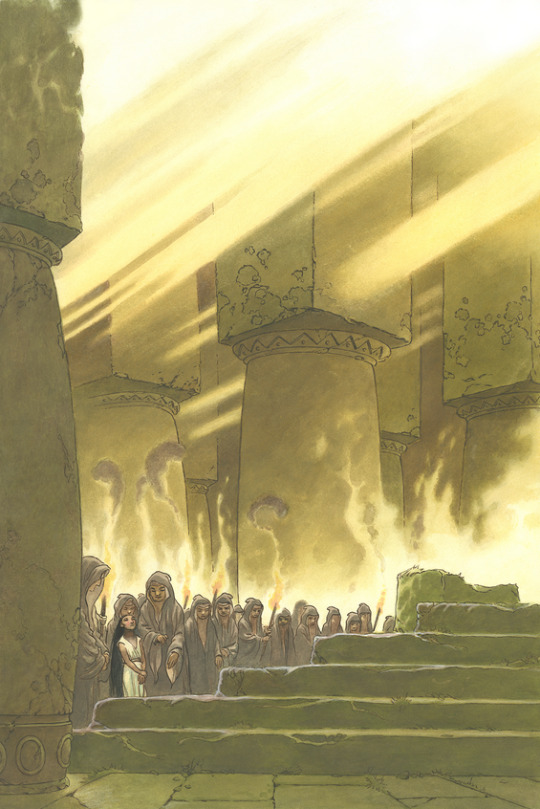

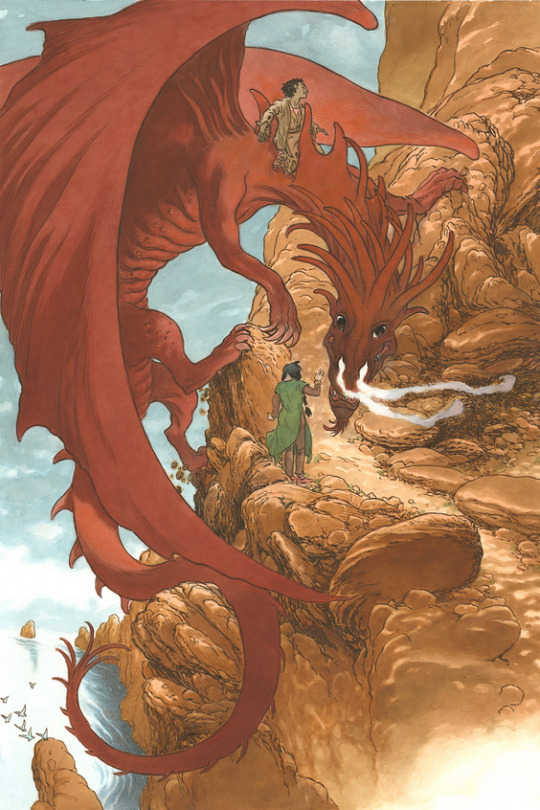
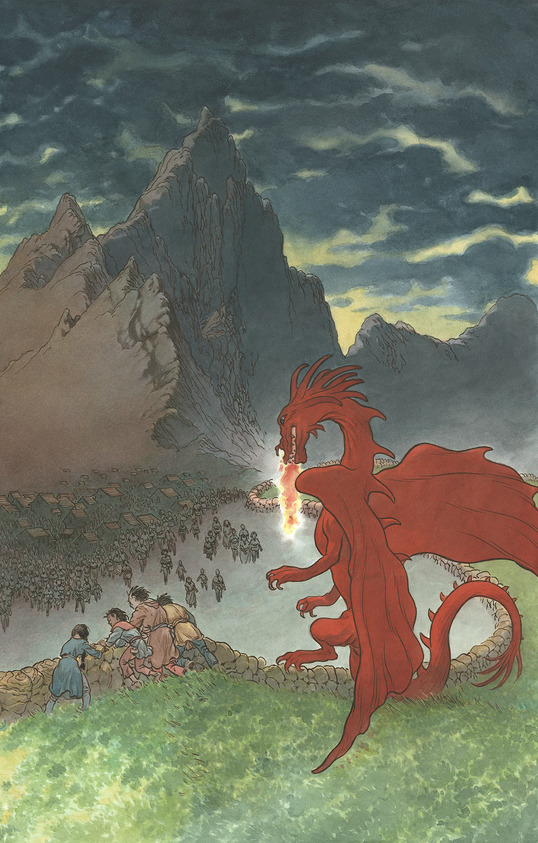

The Books of Earthsea Illustrations from the complete illustrated edition, Illustrated by Charles Vess [X]
#Earthsea#ursula k. le guin#charles vess#illustration#book cover#book illustration#a wizard of earthsea#the tombs of atuan#the farthest shore#tehanu#tales from earthsea#the other wind#ged#sparrowhawk#tenar#arren#lebannen#therru#ogion#lookfar#theres so many characters i could tag but those are the big ones i think#just thought tumblr could use some more earthsea art out here#these illustrations are lovely#and if you go to ursula's blog she has a couple of posts talking about working with the artist that are nice
191 notes
·
View notes
Text
Ecology, the evolutionary sciences and studying indigenous knowledges and lifeways bring you into something that I can only call god.
Knowing the webs of support, entangled giving, the kissing, the shelter under the wing and the world of siblings, all in affection against the great swelling emptiness underpinning. Science only enhances it, knowing the intricacy of the threads, the chains, the fucking MIRACLE that there is any of this. It is a fucking MIRACLE, we live in a dying miracle.

It is so painful, it is bleach in the bloodstream, wreckage and landfills in the all-connecting everything, knowing the cost

I have found something whom's hugeness, whom's offer I could devote myself entirely to. Something worth giving to. The fact of the collapse is incomprehensible in the face of that, beyond pain.
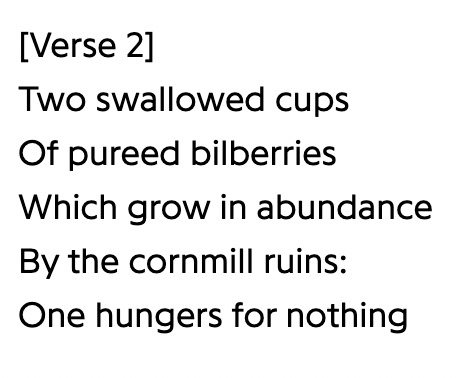
I know it shouldn't arrest me to be able to look at critique and postulation and graphs that depict the collapse, I should be celebrating and grieving and hospicing. I just want to be able to give back in a way that means something. The reality of that is arresting and destroying.

#ecology#climate crisis#indigenous knowledge#the trellis#the web#desire lines#Jeff Vandemeer#Annihilation#Richard Dawson#The Hermit#Ursula K Le Guin#The Farthest Shore#Earthsea
102 notes
·
View notes
Text
Presently the mage said, speaking softly, 'Do you see, Arren, how an act is not, as young men think, like a rock that one picks up and throws, and it hits of misses, and that's the end of it. When that rock is lifted, the earth is lighter; the hand that bears it heavier. When it is thrown, the circuits of the stars respond, and where it strikes or falls the universe is changed. On every act the Balance of the Whole depends.'
-The Farthest Shore, Ursula K. Le Guin
94 notes
·
View notes
Text
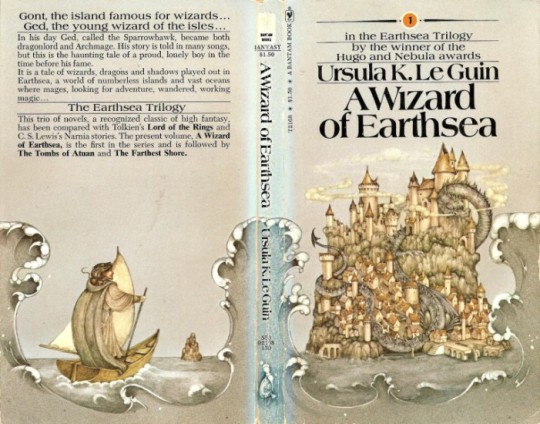
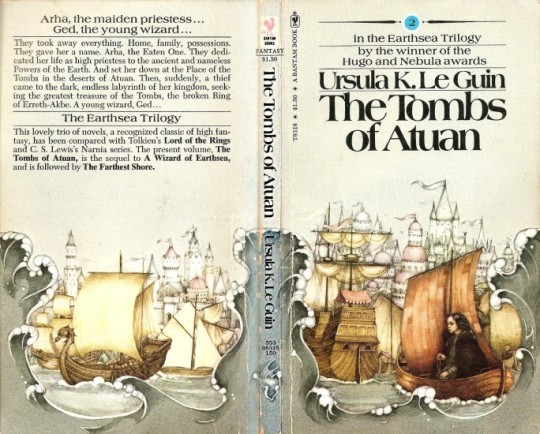
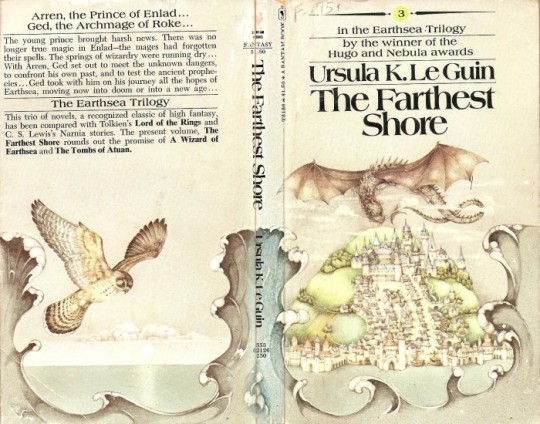
A Wizard Of Earthsea by Ursula K. LeGuin



A Wizard Of Earthsea / The Tombs Of Atuan / The Farthest Shore
Art by Pauline Ellison
Bantam Books (1975)
#Paperback Cover#Paperback Art#A Wizard Of Earthsea#Ursula K LeGuin#Pauline Ellison#Fantasy#Vintage#Art#Paperback#Paperbacks#Earthsea#The Tombs Of Atuan#The Farthest Shore#Dragons#Earthsea Trilogy#Bantam Books#Bantam#1975#1970s#70s
25 notes
·
View notes
Text

vote YES if you have finished the entire book.
vote NO if you have not finished the entire book.
(faq · submit a book)
37 notes
·
View notes
Text


We finished reading the Farthest Shore tonight!
38 notes
·
View notes
Quote
"The dragons! The dragons are avaricious, insatiable, treacherous, without pity, without remorse. But are they evil? Who am I, to judge the acts of dragons? ...They are wiser than men are. It is with them as with dreams, Arren. We men dream dreams, we work magic, we do good, we do evil. The dragons do not dream. They are dreams. They do not work magic: it is their substance, their being. They do not do; they are."
Ursula K. Le Guin, The Farthest Shore
167 notes
·
View notes
Photo


tfw freedom is a heavy load, a great and strange burden for the spirit to undertake, it is not easy. it is not a gift given but a choice made, and the choice may be a hard one
#a wizard of earthsea#the tombs of atuan#the farthest shore#ged#sparrowhawk#tenar#arha#arren#ursula k. le guin#reading these books recently felt like healing#she writes of love and compassion between humans and toward the earth so faithfully it warms my heart#i wish i could make some more realistic detailed paintings for them but you know how it is#i'd really like to read tenahu i can't wait to see ged meet tenar again :'-) old pals#my art#digital art#fanart
743 notes
·
View notes
Text
I finished Ursula K Le Guin’s The Farthest Shore yesterday, and it got me thinking about two things:
1) The relationship between truth and meaning.
2) The wisdom of accepting death.
The conflict of the book is established when it is discovered that people have lost their connection to the “true speech”, the language of creation, which means that wizards can no longer use magic, but also that everyone falls into nihilism, listlessness, and paranoia. People retain their regular language, but the language of magic is lost, and so they lose their grip on reality. They see everything as flat, without any transcendence in anything. Nothing is more significant than anything else, and so nothing is worth doing. People keep talking, but none of it means anything real.
The cause of this is someone trying to escape the fear of death by dying and coming back immortal, leaving a tear in the world that magic leaks out of. The fact that they have to first die to find immortal life suggests that death and immortality are in a way the same thing, and that this deconstruction is the cause of the spread of nihilism. The necromancer is able to send out a message to people’s dark sides, causing this change in them:
By denying life you may deny death and live forever!
This is reflected in the fact that the souls of the dead show an even more extreme embodiment of the emptiness and stillness experienced by those seduced by the message. The tear in the world is blurring the distinctions between life and death, and calling for people to hurry it along.
For Le Guin then, life is change and difference - rather like Octavia Butler’s message from Parable of the Sower that “God Is Change”. Maybe the key part of Butler’s poem for this though is “The Only Lasting Truth Is Change.” Seeking immortality is sort of denying reality. Le Guin describes each individual life as a wave on the ocean, and claims that seeking immortality would be like making the entire ocean one wave, so that it grows still. In other words, life cannot exist without other lives, and without a chance of ending. A single life that totalises all would be indistinguishable from death.
I’m with her on the first point, that a changeless life would be indistinguishable from death. Experience is formed through interaction, which inevitably changes both parties. This is ancient knowledge, which Le Guin no doubt gets from her passion for Taoism, but my favourite exposition is Donna Haraway’s Situated Knowledges. But if life is always changing, always unfinished, why could there not theoretically be an eternal life which does not totalise, which accepts its mutability?
I think here is where we run up against the tension between Le Guin’s commitments to true language on on side and contingency on the other. Nietzsche is famous for having pointed out that language is a host of metaphors. Derrida then took this further to point out that no word is self-contained, rather its meaning is dependent on so many others that it can never be pinned down perfectly to mean just one thing for certain. This includes the self. It stops and starts when we’re knocked unconscious, and its altered with every experience, every exchange of atoms. In a sense we die a lot - if we thing of ourselves as a being, rather than an emergent property of various processes. We can’t be perfectly described with a word, because we aren’t a constant thing anyway, irrespective of that final death.
But this is kind of a moot point as Le Guin’s story is concerned. Few of us ever actually seek immortality. And Le Guin is right to frame it as an impossible task. It plays a symbolic role for the equally, perhaps even more, impossible task of seeking control, constancy, solidity. Nothing is constant - The Only Lasting Truth Is Change. But for me this just makes the final change of death easier to accept, as just one more change that will leave the previous version of myself behind - only this time there won’t be a recognisably new version to take its place.
There is definitely a difficulty in accepting the indefinite fuzziness that comes to things when you look at them like this though, that can lead to the nihilism Le Guin was so afraid of. I think Le Guin answers this rather well though, when she says that we cannot help but do everything we do, want everything we want, feel everything we feel. We can’t actually avoid caring about things, especially if we throw ourselves into them. We don’t have to justify what we care about based on some sort of metaphysical truth, as if we could ever be certain of that - we just have to accept the inclinations given to us by the universe and act on them in a balanced way to make ourselves content. Don’t rationalise your feelings through strict force of will, pay attention to them and what the good asks of you. That’s actually from a different anarcha-feminist writer - Simone Weil - but it fits!
#ursula k. le guin#ursula le guin#le guin#donna haraway#earthsea#the farthest shore#friedrich nietzsche#nietzsche#derrida#jacques derrida#philosophy#existentialism#books#fantasy books#octavia butler#octavia e. butler#taoism#daoism#meaning#language#semiotics#parable of the sower#simone weil#immortality#death
72 notes
·
View notes
Text

“We must learn to keep the balance. Having intelligence, we must not act in ignorance. Having choice, we must not act without responsibility.”
—The Farthest Shore by Ursula K. Le Guin
#godzilla reads#the farthest shore#ursula k. le guin#book quotes#books and plants#earthsea cycle#booklr#reading#bookworm#bookish#book blog
39 notes
·
View notes
Text
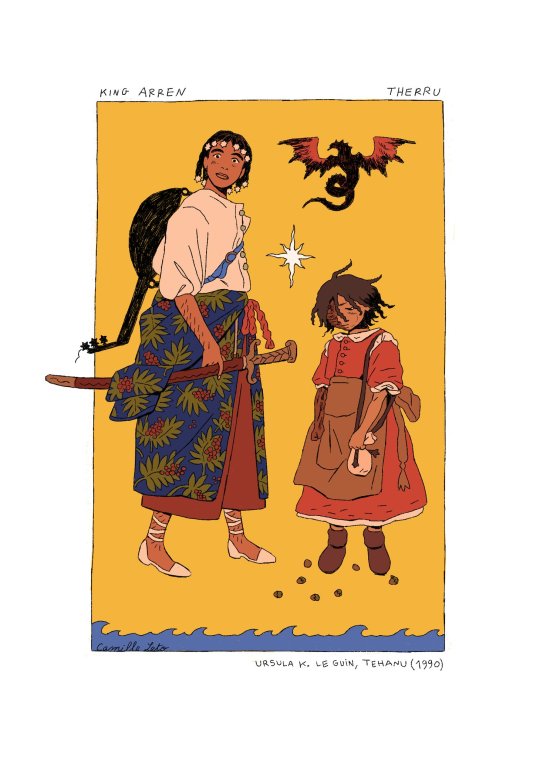
King Arren & Therru
By Cami | morchlav
#earthsea#a wizard of earthsea#The Earthsea Cycle#the farthest shore#King Arren#arren#therru#tehanu#art#fantasy#ursula k. le guin#morchlav
378 notes
·
View notes
Text
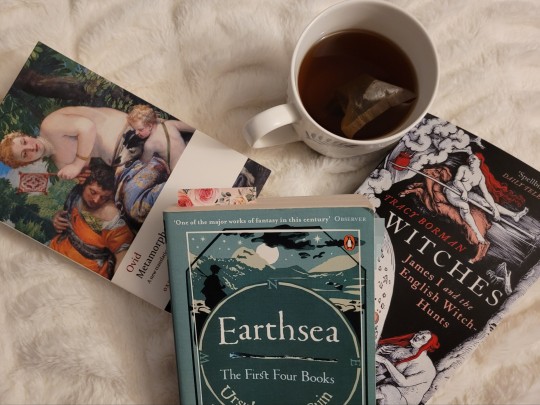
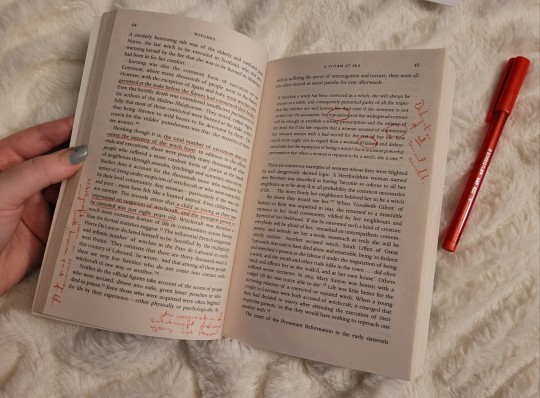
A slow bank holiday Monday evening - I'm slowly having my faith in popular history restored with Boreman's book on 17th century witch-hunts and finally tackling Ovid in full. Plus I'm returning to Earthsea with The Farthest Shore!
#studyblr#gradblr#books#reading#early modern history#witches: james i and the English witch-hunts#tracy borman#the farthest shore#ursula k. le guin#ovid#metamorphoses
84 notes
·
View notes
Text
You will die. You will not live forever. Nor will any man nor any thing. Nothing is immortal. But only to us is it given to know that we must die. And that is a great gift: the gift of selfhood.
Ursula K. Le Guin, The Farthest Shore
#book quotes#books and libraries#ursula k. le guin#ursula le guin#Earthsea#the farthest shore#literature#books and reading#death quotes#autumn#nature
252 notes
·
View notes
Text
'Only one thing in the world can resist an evil-hearted man. And that is another man. In our shame is our glory. Only our spirit, which is capable of evil, is capable of overcoming it.'
-The Farthest Shore, Ursula K. Le Guin
68 notes
·
View notes